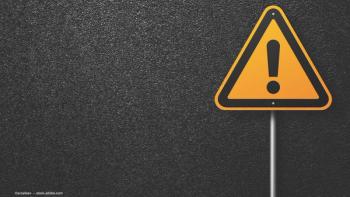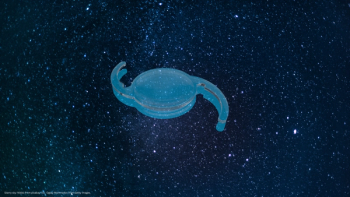
Are we losing sight of the importance of long-term findings?
Refractive surgery has radically changed the nature of clinical practice, with its success spawning the proliferation of commercial clinics owned and directed by non-medical personnel
Refractive surgery has radically changed the nature of clinical practice, with its success spawning the proliferation of commercial clinics owned and directed by non-medical personnel. Ophthalmologists, in my opinion, have become subservient in both clinical practice and clinical independence. Some would argue that this is an inevitable change, and one which has occurred outside of refractive surgery in the National Health System in Britain. However, it makes long-term clinical follow-up more difficult as patients are discharged if they have an initial good outcome. It makes no commercial sense to have follow-up and indeed doctors can produce clinical evidence to justify no longer term follow-up.
On the other hand the National Institute of Clinical Excellence (NICE) in the United Kingdom, in a report that many found flawed, justifiably highlighted the need for long-term data. The 10-year PERK study on radial keratotomy is a classic example of the importance of long-term data.1 It is also heartening to read Rajan's study, published in Ophthalmology in 2005,2 and our own longer term 12-year study on PRK3 confirming the stability and good acuity in the early patients that had PRK. Our recent paper, published in the British Journal of Ophthalmology (January 2006),4 of five-year outcome of patients after LASIK, provides security to surgeons and reassurance to patients. The results show predictability and stability with 5% retreatment rate at five years. It also demonstrates safety, with no eye losing more than one line of best corrected spectacle acuity and a much higher percentage of patients gaining lines of acuity.
Longer term studies like this answer the prophets of doom and show that removing Bowman's membrane or performing stromal laser does not result in opacified corneas or epidemics of keratoconus. However, the high percentage of patients with night visual problems should force us to focus on quality vision issues.
It is claimed that customised laser improves quality of vision. In our view this claim lacks any long-term proper scientific basis. It has, to some extent, been driven by commercial laser companies who have spent vast amounts of money in this area of research and it also helps justify increased premiums. As yet we lack the means to measure quality of vision. Present contrast sensitivity methods lack sensitivity, reproducibility and are not user friendly. It is hoped that the introduction of newer, better contrast methods will change this. The acceptance of larger optical zones and preoperative measurement of aberrations will also improve quality outcomes.
There is a real danger that clinical decision making and clinical independence are no longer the prerogative of clinicians. It is also worrying that a reduced value is placed on surgical skills. However, one hopes that accurate long-term follow-up, which is fundamental to the credibility of refractive surgery, will not be lost.
Michael O'Keefe is Professor of Ophthalmology at the University College, Dublin, and the Director of Refractive Surgery at Mater Private Hospital, Dublin, Republic of Ireland. He may be reached by email:
References
1. G.O. Waring, M.J. Lynn, P.J. McDonnell. Results of the prospective evaluation of radial keratectomy (PERK) study 10 years after surgery. Arch Ophthalmol 1994; 112:1298-1308
2. M.S. Rajan, P. Jaycock, D. O'Brart, N.H. Nystrom, J. Marshall. A long-term study of photorefractive keratectomy; 12 year follow up. Ophthalmology 2005 Oct; 111(10):1799-1800.
3. J. O'Connor, M. O'Keeffe, P.I. Condon. 12 year follow up of photorefractive keratectomy for low to moderate myopia. In press.
Newsletter
Get the essential updates shaping the future of pharma manufacturing and compliance—subscribe today to Pharmaceutical Technology and never miss a breakthrough.




























